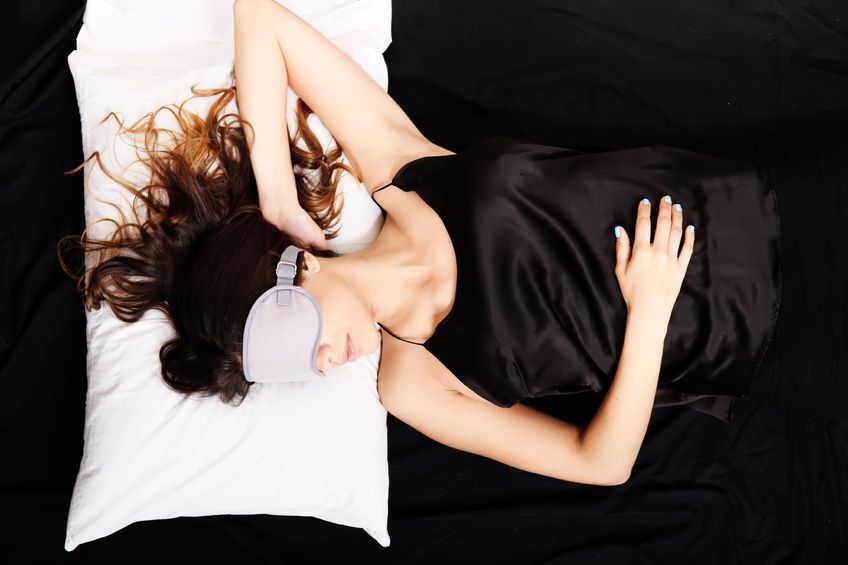Generally, when we’re hungry, we eat, and when we’re thirsty, we drink. However, in this day and age, sleep is not always sought after when we’re tired. Sleep is a basic need that is often overlooked due to a busy schedule, love for technology, and numerous other things we’d rather be doing. To accomplish everything on your to-do list to the best of your ability, improve your sleep hygiene!
Sleep hygiene refers to your sleeping habits including the bed, relationship with your partner, the lighting and temperature of your room, and how long you stay asleep. Even small adjustments can go a long way when it comes to achieving that high quality snooze. According to The Huffington Post, Sleep hygiene is made up of two parts:
Environment: Your bedroom should be designed with sleep in mind. Excessive lighting and too many electronics can be a distraction and disruptive to sleep during the night. Blue light emitted from electronics suppresses melatonin production, the hormone that induces sleep. Falling asleep with the TV on can lead to fragmented sleep and throw your circadian rhythm out of sync. Keep your room cool and dark to encourage a great night of rest. It should also be quiet, with the exception of consistent soothing sounds such as white noise, a fan, or music designed for sleep. If your partner snores, consider ear plugs. If the snoring is excessive, he/she may want to consult a physician for better sleep and overall health.
Routine: This part of sleep hygiene is probably the most difficult, but it is important to stick to a consistent bed and wake-up time. By training your body to be in line with its natural rhythm, you’ll be able to achieve deeper sleep, and wake up feeling more energized. Avoid heavy meals, caffeine, and intense exercise a few hours before sleep to give your body a chance to get wind down, and stay asleep. Consult with a doctor if you find any of your medication disruptive to your sleep. To get started, estimate how much sleep you think you need (sticking between 7-9 hours), and then make adjustments to get to bed earlier or later if you need more or less sleep.
Sleep hygiene can be a challenge when you’re making initial changes, but once you get started, the benefits are priceless. Encourage healthy sleep habits in your household to keep everyone happy, healthy, and productive!


No comments yet.